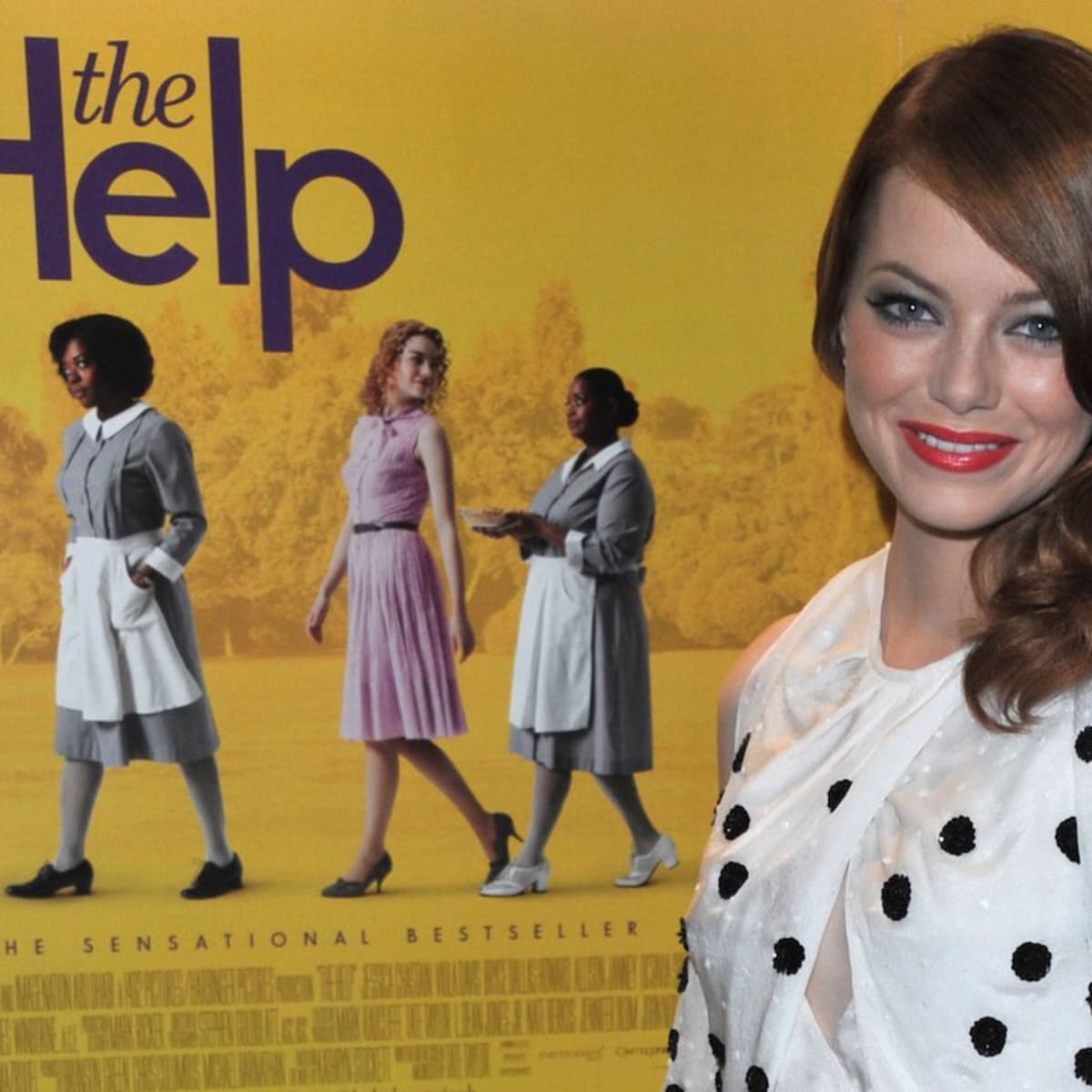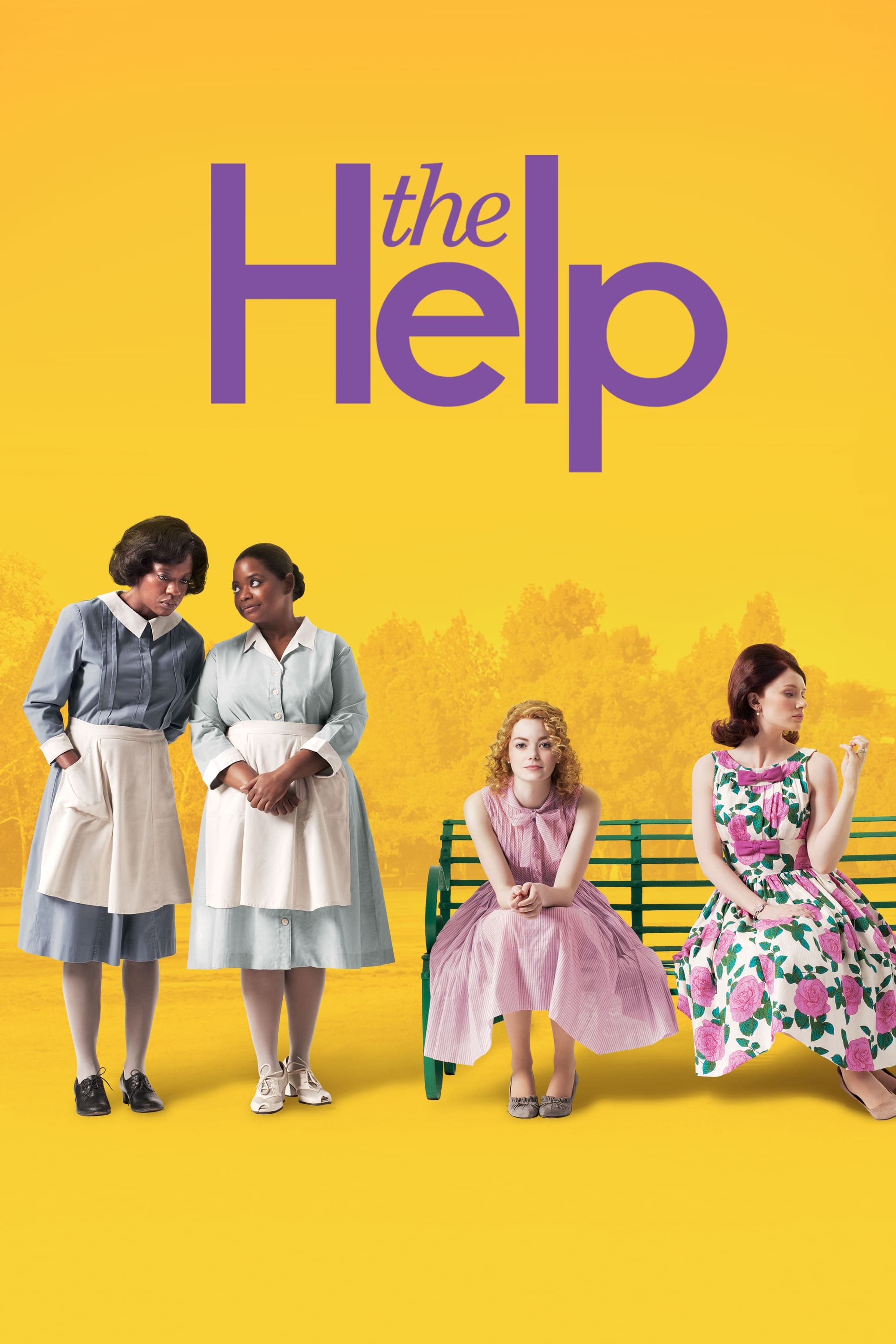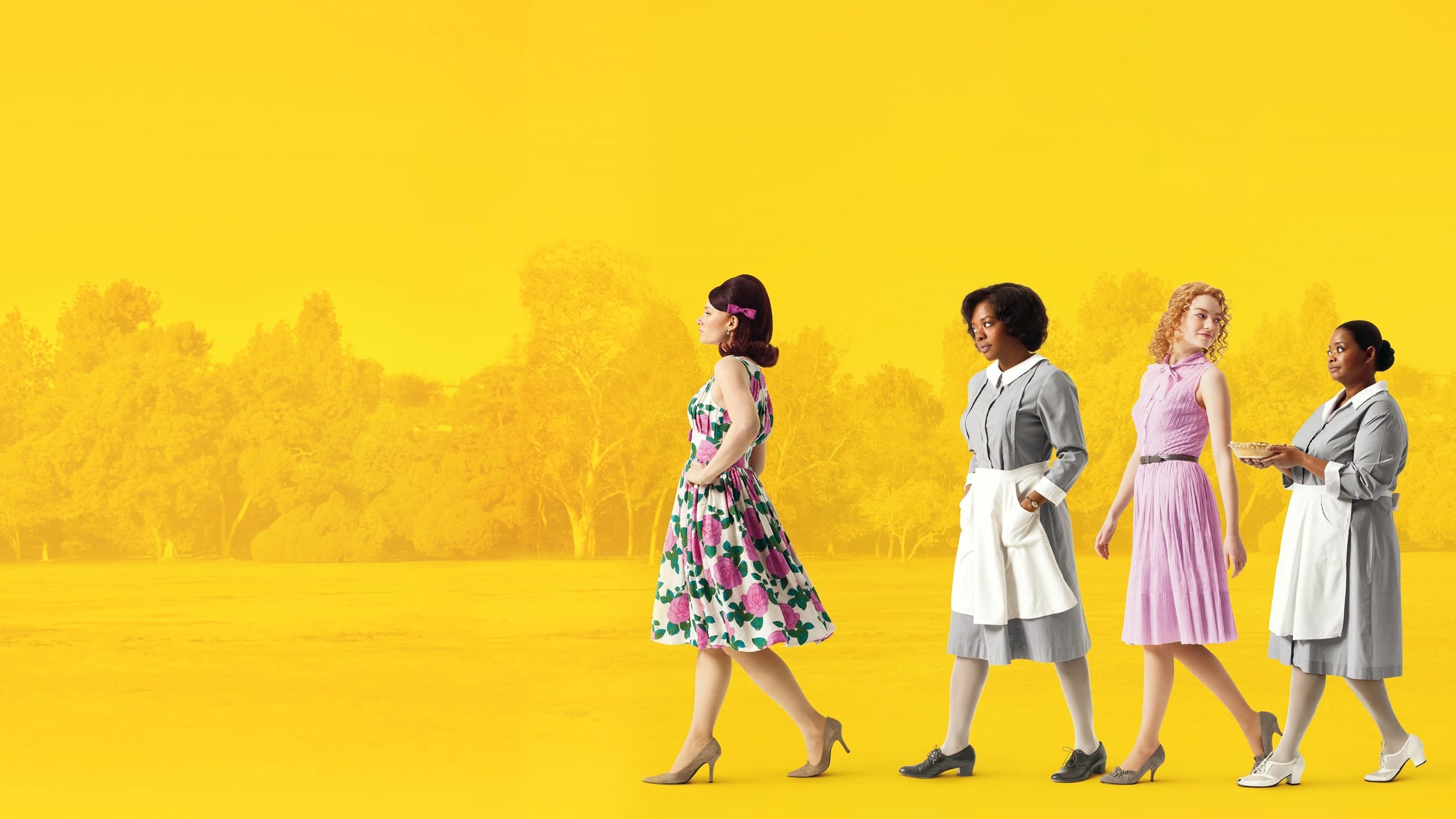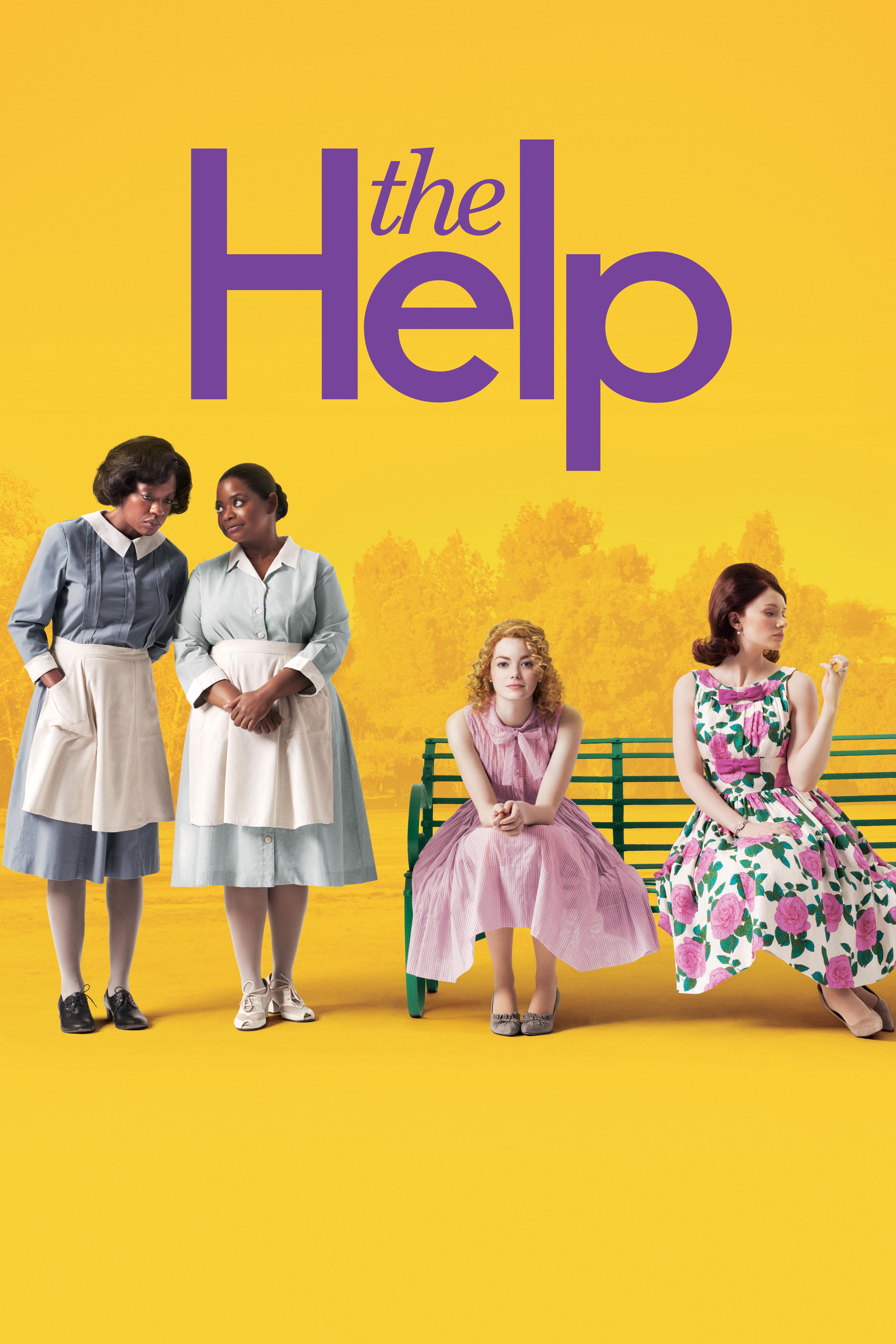The Help (2011): Exploring Racial Boundaries and Empowerment

Synopsis:
“The Help” is a thought-provoking and emotionally charged drama set in 1960s Jackson, Mississippi. Directed by Tate Taylor and based on Kathryn Stockett’s best-selling novel, the film takes us on a journey that highlights the racial tensions and societal divides of the era. The story revolves around three remarkable women—Aibileen Clark, Minny Jackson, and Skeeter Phelan—whose lives intertwine amidst the backdrop of racial inequality and injustice.
Aibileen Clark: An Unwavering Strength
Aibileen Clark, portrayed by Viola Davis, is a middle-aged African-American maid. Having spent her entire life raising white children, she possesses a deep understanding of the racial dynamics that permeate her community. However, Aibileen’s life takes a tragic turn when she loses her only son, a heartbreaking event that fuels her determination to make a difference.

Aibileen’s character embodies resilience and unwavering strength. Despite the adversities she faces, she becomes instrumental in the lives of the children she cares for, providing them with love, wisdom, and guidance. Her narrative exemplifies the profound impact that individuals can have in challenging societal norms.
Minny Jackson: Breaking Barriers with Wit
Octavia Spencer’s portrayal of Minny Jackson adds a compelling layer to “The Help.” Minny is an African-American maid known for her outspoken nature, which often offends her employers. Despite her family’s struggles with money and her desperate need for jobs, Minny refuses to be silenced or diminished.

Minny’s character defies the stereotype of the submissive maid, showcasing the power of wit and resilience. Through her sharp sense of humor and determination, she challenges the status quo, inspiring others around her to question their own roles in perpetuating racial discrimination.
Skeeter Phelan: Challenging the Status Quo
Emma Stone portrays Eugenia “Skeeter” Phelan, a young white woman who returns to her hometown after graduating from college. Skeeter, deeply affected by the mysterious disappearance of her childhood maid, seeks to uncover the truth behind it. Intrigued by the lives of African-American maids in Jackson, she embarks on a courageous journey to give them a voice.

Skeeter’s character represents the power of empathy and understanding. Despite societal pressure and the risk of alienation, she forms genuine connections with Aibileen and Minny, forging unlikely alliances in the pursuit of justice. Skeeter’s determination to challenge racial boundaries drives the narrative and acts as a catalyst for change.
Unveiling the Reality of “The Help”
“The Help” delves into the complexities of racial tensions and the inherent biases that prevailed during the civil rights movement. The film sheds light on the lives of African-American maids and the challenges they faced, including low wages, limited opportunities, and the constant struggle for dignity.
Through a masterful blend of heart-wrenching moments and heartwarming connections, “The Help” showcases the strength of unity and the importance of empathy in overcoming prejudice. The narrative underscores the transformative power of storytelling and the ability to bring about social change.

Conclusion
“The Help” presents a compelling and emotionally charged narrative that tackles racial inequality head-on. Aibileen Clark, Minny Jackson, and Skeeter Phelan’s intertwined stories serve as a poignant reminder of the importance of challenging societal norms and advocating for justice. This thought-provoking film urges viewers to reflect on the past and consider how their actions can shape a more inclusive and equitable future.
As we delve into the complexities of “The Help,” we are reminded that change begins with empathy, understanding, and the courage to challenge the status quo.





![REGARDER”-Sirocco and the Kingdom of the Winds (2023)]EN STREAMING FILM FR COMPLET](https://liatharga.my.id/wp-content/uploads/2023/12/1_Sirocco-and-the-Kingdom-of-the-Winds-HD-Full-Movie-150x150.jpg)



